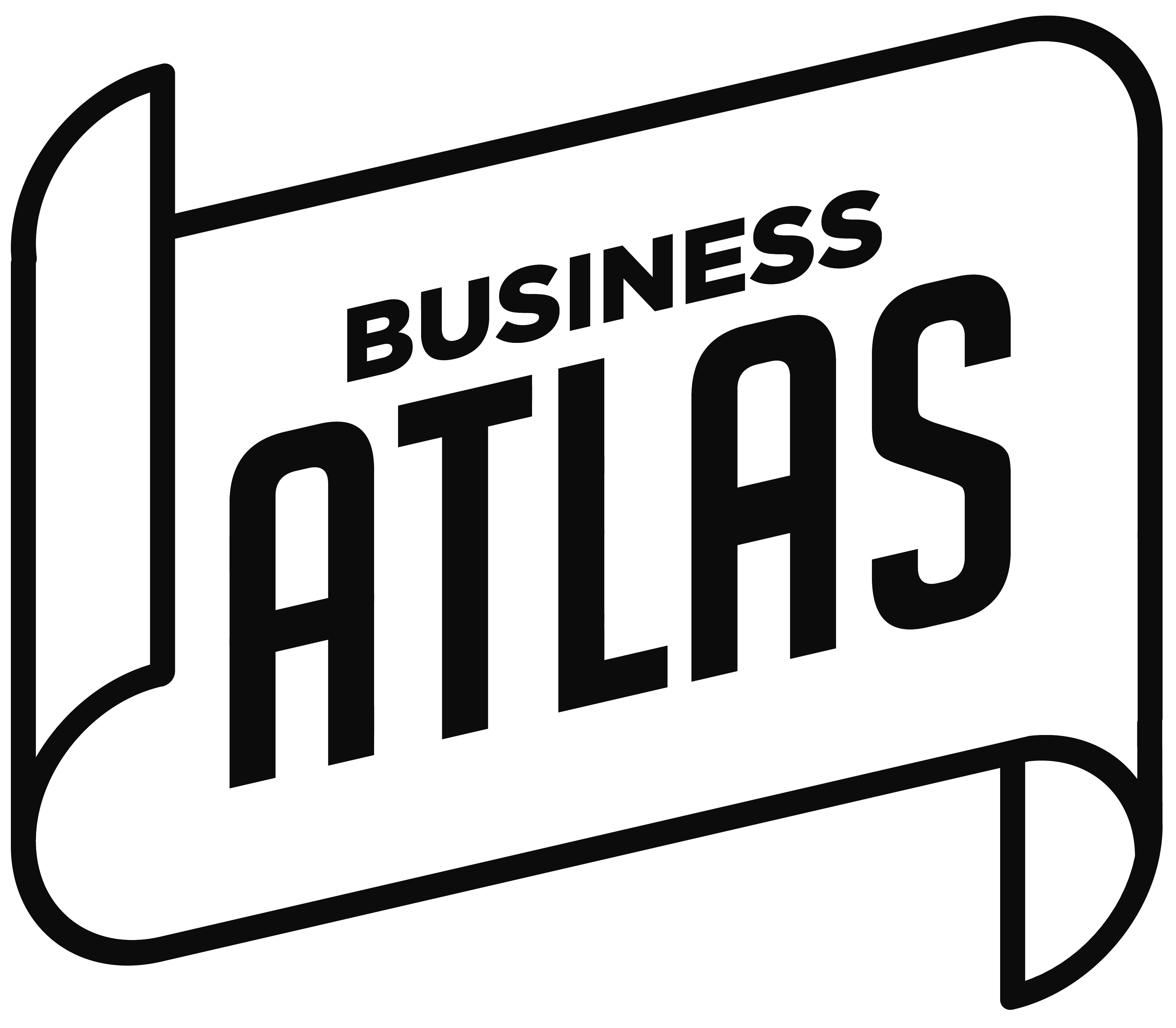Picture yourself at dawn, the aroma of freshly ground coffee beans filling the air as you expertly prepare the perfect coffee puck and eagerly await the rich, velvety espresso. If you’ve ever harbored the dream of owning your very own coffee shop, you’re certainly not alone. But the question remains: How can you transform this dream into a tangible reality?
This comprehensive guide will take you through essential steps to make your coffee shop dream come true, including a list of potential suppliers, equipment, and location. We also touch on deciding whether to offer food, or whether to include your business on platforms like Grab Food or Foodpanda.
The Coffee Shop Dream: What You Need to Know
The Appeal of Owning a Coffee Shop
Owning a coffee shop offers more than just the promise of caffeine-fueled mornings; it’s a gateway to a vibrant coffee culture. Coffee shops are hubs of community, creativity, and connection. The ability to create a space where people come to savor their favorite brews, chat with friends, or find inspiration is a compelling reason to embark on this journey.
The Popularity of Coffee Culture
Coffee culture is on the rise, with consumers seeking unique and high-quality coffee experiences. Craft coffee, specialty roasts, and artisanal brews have become the norm. This trend provides an exciting opportunity for aspiring coffee shop owners to cater to a discerning clientele.
The Potential for Profitability
While passion for coffee is essential, the profitability of coffee shops cannot be overlooked. With the right business model, quality products, and excellent service, a coffee shop can be a profitable venture. However, it’s vital to approach this endeavor with a well-researched plan.
The Foundation: Planning and Research
Before diving into the world of coffee shop ownership, you must lay a solid foundation through meticulous planning and research.
Market Analysis
Begin by conducting a thorough market analysis. Understand your target audience, local competition, and trends in the coffee industry. This research will inform your business strategy and marketing efforts.
Business Plan Development
A well-crafted business plan is your roadmap to success. Outline your business goals, financial projections, and strategies for growth. It’s also crucial for securing financing.
Budgeting and Financing Options
Determine your startup costs, including lease or purchase expenses, equipment costs, and initial inventory. Explore financing options such as loans, investors, or personal savings.
Sourcing Suppliers
The quality of your coffee beans and other supplies is paramount to your coffee shop’s success.
Choosing Coffee Bean Suppliers
Selecting the right coffee bean supplier is crucial. Consider factors like quality, consistency, and ethical sourcing practices. Building strong relationships with local suppliers can also be advantageous.
Importance of Quality and Consistency
Consistency in flavor is key to retaining customers. Ensure your coffee beans and brewing methods deliver the same exceptional taste day after day.
Sustainable Sourcing Practices
Today’s consumers appreciate environmentally conscious businesses. Explore sustainable sourcing options for your coffee beans and other products.
Essential Equipment
Equipping your coffee shop with the right tools is essential for delivering top-notch coffee and service.
Detailed List of Equipment Needed
Invest in quality equipment, including espresso machines, grinders, brewing equipment, and refrigeration. Each piece plays a role in crafting the perfect cup of coffee.
The Importance of Quality Equipment
Quality equipment not only enhances the coffee-making process but also ensures durability and reliability, minimizing downtime and costly repairs.
Finding the Perfect Location
Choosing the right location is a pivotal decision in your coffee shop journey.
Factors to Consider
Evaluate factors like foot traffic, demographics, competition, accessibility, and parking. Negotiate lease or purchase terms that align with your budget and long-term goals.
Offering Food
Deciding whether to offer food is a significant consideration in your coffee shop venture.
Considerations for Adding Food
Offering food can expand your customer base, but it comes with challenges. Plan your menu, source food suppliers, and establish pricing strategies carefully.
Menu Planning and Sourcing Food Suppliers
Craft a menu that complements your coffee offerings and source high-quality ingredients. Consider dietary restrictions and preferences when planning your food options.
Inclusion in Food Delivery Platforms
Expanding your reach through food delivery platforms like Grab Food or Foodpanda is another decision to make.
Pros and Cons
Evaluate the pros and cons of partnering with food delivery services. Consider the impact on sales, visibility, and the operational aspects of integrating with these platforms.
Marketing and Promotion Through Delivery Platforms
Leverage food delivery platforms for marketing and promotion. Showcase your coffee and food offerings to a broader audience.
ROI and Profitability
Understanding the financial aspects of your coffee shop is crucial to long-term success.
How to Calculate ROI
Learn how to calculate return on investment (ROI) for your coffee shop. Consider factors like pricing strategies, sales volume, and cost management.
Factors Influencing Profitability
Explore factors that can impact your coffee shop’s profitability, such as pricing strategies, sales projections, and efficient cost management. Look at real-world case studies for insights.
Designing Your Coffee Shop
Creating a welcoming atmosphere is essential for customer retention.
The Importance of Interior Design
Invest in interior design that reflects your brand and creates a cozy and inviting ambiance for customers.
Functional Layout
Plan a functional layout that caters to the needs of both staff and customers. Ensure a smooth flow of operations.
Legal and Regulatory Considerations
Navigate the legal and regulatory aspects of owning a coffee shop.
Permits and Licenses
Understand the permits and licenses required for your coffee shop, including health and safety regulations.
Employment Laws and Staff Requirements
Comply with employment laws and consider staffing requirements for your coffee shop.
Taxation and Business Structure
Explore tax obligations and choose the right business structure for your coffee shop.
Marketing and Branding
Effective marketing and branding are crucial to attracting and retaining customers.
Strategies for Promotion
Implement marketing strategies to promote your coffee shop. Utilize social media and other online platforms.
Building a Brand Identity
Create a strong brand identity that sets your coffee shop apart. Your brand should reflect your values and resonate with your target audience.
Customer Loyalty Programs
Foster customer loyalty through rewards programs and excellent customer service.
Hiring and Training Staff
Your staff play a pivotal role in the success of your coffee shop.
Hiring Skilled Baristas
Hire skilled and friendly baristas who are passionate about coffee and customer service.
Employee Training
Invest in thorough training for your staff, ensuring they have the knowledge and skills to deliver exceptional coffee and service.
Staffing Considerations
Plan staffing levels for peak hours and special events to provide the best customer experience.
The Grand Opening
The grand opening of your coffee shop is a momentous occasion.
Preparing for the Big Day
Ensure everything is in place for a successful grand opening, from staffing to equipment readiness.
Marketing and Promotion
Promote your grand opening to generate buzz and attract a crowd.
Welcoming Your First Customers
Provide an exceptional experience to your first customers. Their impressions can shape your coffee shop’s reputation.
Handling Challenges and Feedback
Be prepared to
address challenges and gather feedback to continuously improve your operations.
Ongoing Management and Growth
Sustaining and growing your coffee shop requires ongoing effort and strategy.
Day-to-Day Responsibilities
Manage the day-to-day operations of your coffee shop, including inventory, staffing, and customer service.
Strategies for Growth
Explore strategies for expanding your business, such as opening additional locations or diversifying your offerings.
Staying Competitive
Stay competitive by staying updated with industry trends and customer preferences.
Conclusion
In your coffee shop journey, you’ll encounter challenges, but the rewards are worth it. The dream of owning a coffee shop is within your grasp, and with the right planning, dedication, and passion for coffee, you can turn that dream into a thriving reality.
Additional Resources
For further guidance and resources on starting your own coffee shop, explore the links and references below:
- [Resource 1]
- [Resource 2]
- [Resource 3]
Now, armed with this comprehensive guide, you’re well on your way to making your coffee shop dream come true.
This draft provides a detailed overview of the topics outlined in the previous plan, giving your readers a comprehensive guide to starting their own coffee shop, including financial considerations, offering food, and utilizing food delivery platforms. You can further refine and expand upon each section to create a complete and informative article.

